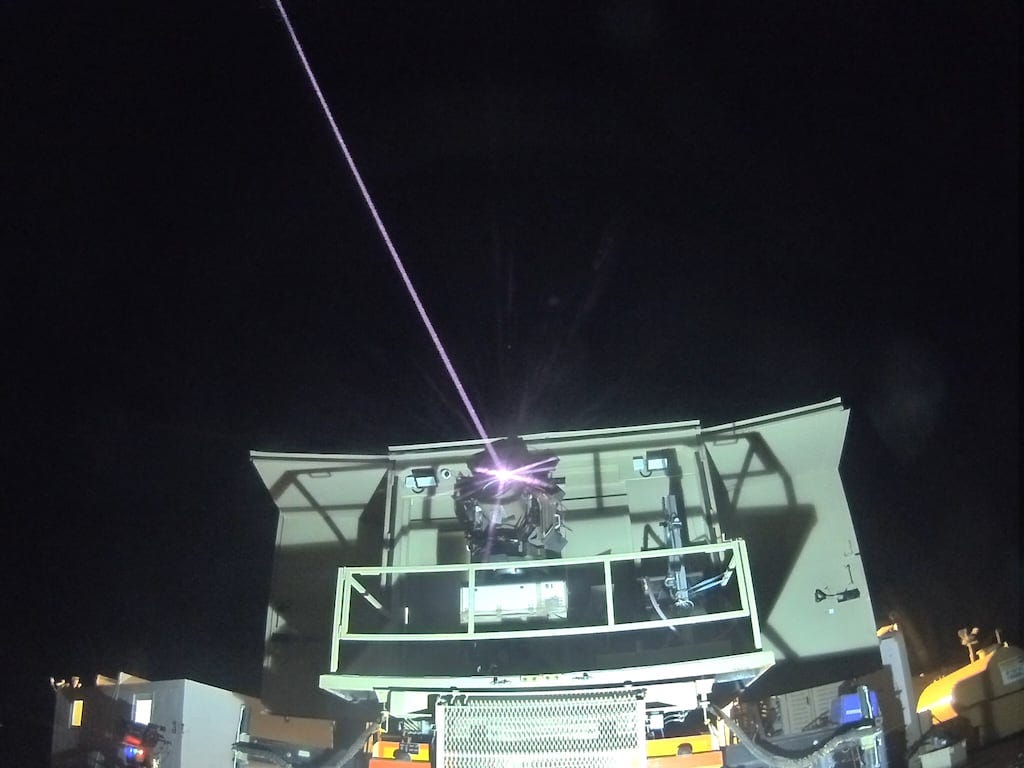Israel’s Neo-War Economy
Despite the move towards self-reliance, Israel’s defence industry could find significant value in forging partnerships with the UAE and Saudi Arabia.
At the onset of the current conflict, I argued that Israel’s neoliberal economic structure partly contributed to its unpreparedness for the events of October 7th and the ensuing war. Budget cuts led to a focus on a smaller land force with a heavier reliance on technology. Additionally, the expanded privatisation of various military functions has introduced inefficiencies and waste, hindering the operational effectiveness of Israel’s ground forces. To address these structural issues, Israel established the Nagel Commission in August, tasked with studying the necessary changes to overhaul Israeli defence systems and reimagine the war economy.
In October, the Commission issued a set of interim recommendations that Prime Minister Netanyahu swiftly adopted. These recommendations signal a considerable shift in the future of Israel’s war economy. Key points include increasing procurement of munitions and expanding air defence systems; enhancing the manoeuvrability of ground forces; strengthening naval capabilities; and addressing manpower challenges. The recommendations also emphasise developing new methods of weapons production and enhancing border defence systems.
Addressing Supply Chain Vulnerabilities
The recommendations are clearly informed by Israel’s recent strategic failings and its desire to improve readiness for future conflicts. Notably, Israel’s reliance on private and offshore supply chains for various munitions has complicated swift access to necessary resources. The country currently depends on ammunition imports from Germany and the US. During this conflict, Israel sought supplies from other nations, such as India, only to face disruptions due to protests and uncooperative stances in certain ports, such as those in Spain. To mitigate these issues, Israel must ramp up local ammunition production and reduce reliance on imports. Additionally, securing alternative shipping routes less vulnerable to protests and boycotts, which are likely to continue, will be crucial. Israel also needs to safeguard its ability to make autonomous military decisions without US policy disagreements affecting its options.
Reinforcing Ground Forces and Securing New Territories
Another major focus of the recommendations is bolstering ground force capabilities, including investing in more tanks and military vehicles, and expanding the number of troops available for combat operations. This reflects Israel’s recognition that future conflicts will not be won solely through air superiority but will demand a more robust ground presence. Another area for improvement is the supply lines to newly conquered territories. Israel plans to annex parts of the West Bank, Gaza, and potentially areas of Syria and Lebanon. Securing these territories will require resilient, state-funded supply chains, less dependent on private sector logistics. Moreover, Israel must invest in advanced border security technologies, as the state’s new frontiers will become increasingly volatile, as evidenced by the October 7th attacks.
Strengthening Naval Capabilities Against Maritime Blockades
The war has also highlighted a critical weakness due to the Red Sea blockade, exposing the limited capacity of Israel’s naval forces to counter a maritime siege effectively. In any future war, critical infrastructure—such as ports, gas installations, and undersea internet cables—is likely to be targeted by drones, unmanned submarines, mines, and specialised divers, all of which could be used to enforce a comprehensive maritime embargo. To prevent such a siege in future conflicts, Israel will need to expand its naval forces and deploy more advanced unmanned systems to counter threats from Iran and its regional allies. Israel’s dependency on EU and US maritime security provision renders it vulnerable to external aid conditions, a dependency Israeli leaders have struggled with during the current conflict.
Prioritising Military Innovation
Finally, the ongoing conflict has intensified pressure on Israel to prioritise specific military investments and innovations. Accelerating the development of anti-drone weaponry, for example, has become essential. This is already underway, as Iron Beam laser systems are expected to be integrated into Israel’s air defence network within a year, according to the Israeli Ministry of Defence. The Iron Beam will complement Iron Dome batteries, combining laser and missile intercepts to strengthen defence against rockets, missiles, drones, and other threats.
Israel’s Neo-War Economy
In the coming years, Israel is expected to increase its annual military budget to address these evolving strategic needs. This will likely require operating under a quasi-war economy, prioritising military spending over social programmes and reconstruction. To meet the demands of multiple fronts and expanding territorial aims, Israel will also need to recruit a larger force, potentially including more personnel from the Haredi community. This expansion may intensify existing social tensions, given the community’s historical stance on military service.
Furthermore, Israel’s defence sector is expected to shift toward greater state control as it seeks to buffer itself from global defence market fluctuations, sanctions, and boycott pressures. Despite this move towards self-reliance, Israel’s defence industry could find significant value in forging partnerships with the UAE and Saudi Arabia. With shared security threats, these alliances offer opportunities for joint defence projects, allowing the countries to pool resources and achieve more efficient, impactful defence initiatives.


